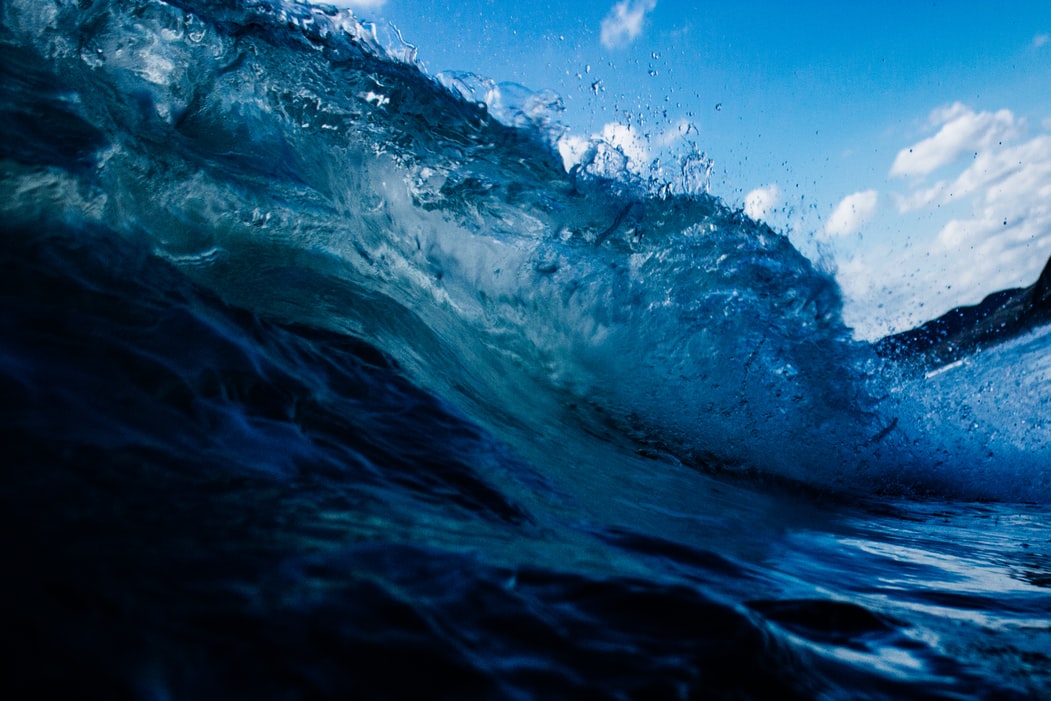Although it is technically impossible for fish to drown in water, they can in fact succumb to suffocation if oxygen levels are not properly maintained. Fish kept in sealed bags for transport to a new environment are at particular risk of suffocation, while those kept in aquariums with unstable water conditions can also suffocate. Parasites and fish-specific diseases can also lead to suffocation issues. Even inherent genetic issues can lead to certain fish being more at risk of suffocation.
Suffocation Risk
There are several factors that can lead to fish suffocating. Algae blooms are often responsible for suffocation. When algae gets out of control in an aquarium, these blooms can significantly deplete the amount of oxygen stored in tank water. If blooms are left unchecked for long enough, oxygen levels will be depleted enough that fish simply can’t breathe well enough to sustain themselves. Low oxygen levels will lead to sluggish and slow fish. This may affect their feeding behaviour, leading to starvation and other ailments that may kill them, long before suffocation does. However, even if your fish continue to consume enough food to nourish themselves, low enough oxygen levels will eventually lead to suffocation.
Ammonia Levels
Another issue that might lead to premature fish death via suffocation or drowning is high ammonia levels. If your tank is not kitted out with a filter to replicate a natural water cycle, ammonia levels can quickly build up. Significant ammonia exposure will eventually lead to fin and tail injuries, with black marks usually the telltale indicator that your fish are suffering from ammonia poisoning. When your fish have been exposed to high levels of ammonia and nitrates, these elements will enter into their bloodstream, taking the place of oxygen. When their oxygen absorption has been compromised to a certain degree, they will effectively suffocate.
Diseases and Parasitic Infection
In order to breathe underwater, your fish require healthy gills so they can absorb dissolved oxygen. However, there are several risk factors that can compromise the effectiveness of gills. Parasitic infection and fish-specific diseases can cause enough damage to gills that fish can’t effectively absorb oxygen from the environment around them. Although diseases and parasites can affect multiple parts of the body, the gills are particularly prone to such complaints.
When parasites take hold in the gills, your fish will struggle to absorb sufficient oxygen from the water around them. Eventually, oxygen intake will be so low that your fish will suffocate. Even if your fish manage to absorb enough dissolved oxygen to breathe, they may become sluggish and too slow to continue to feed at a healthy level.
Bacterial diseases and fungal complaints may also lead to gill damage. Once an infection has set in, the gills will become more or less useless. Although these complaints can be fairly easy to cure, you’ll need to keep a close eye on the gill health of your aquatic pets. Many treatments can be purchased online or from aquatic centres that can quickly remedy such issues.

